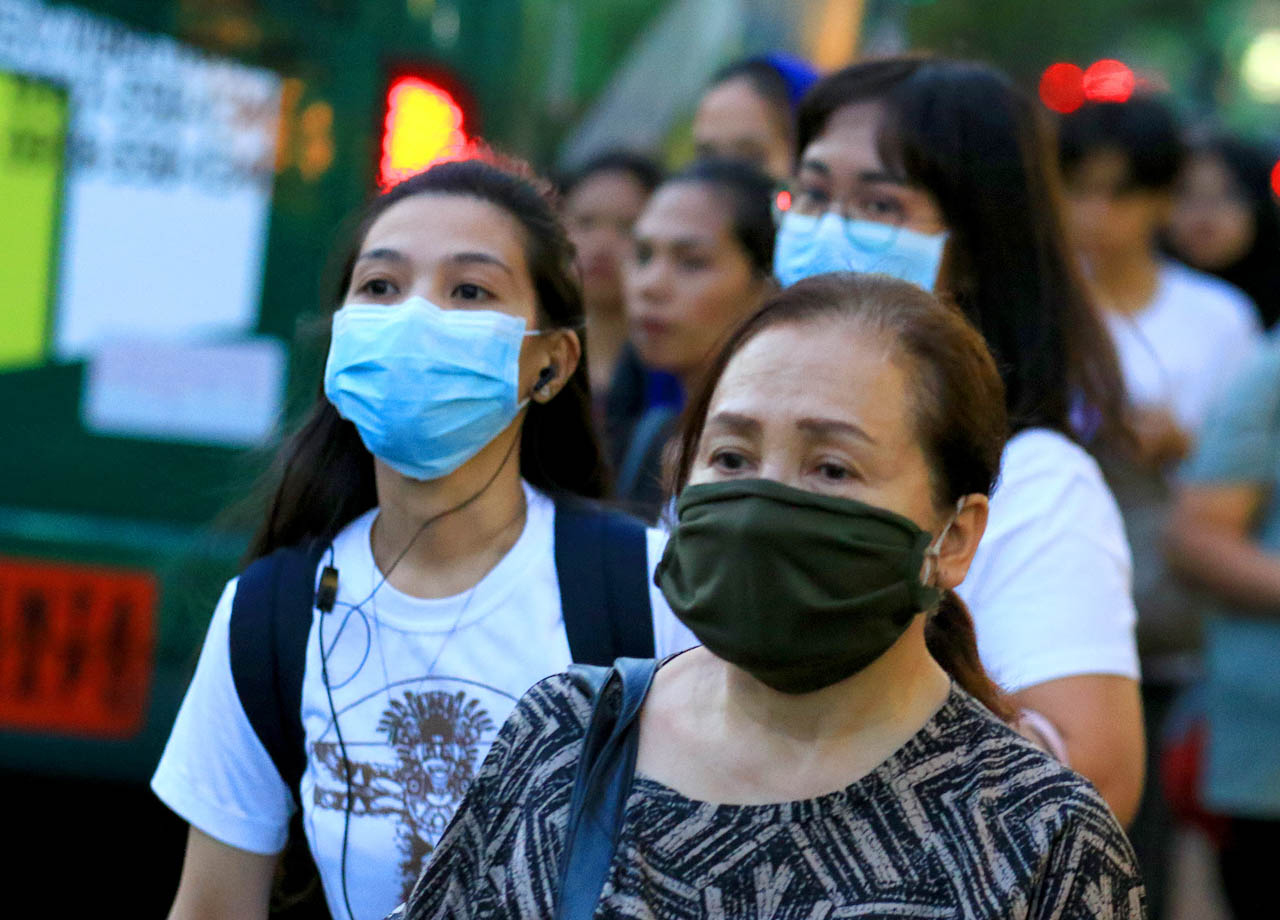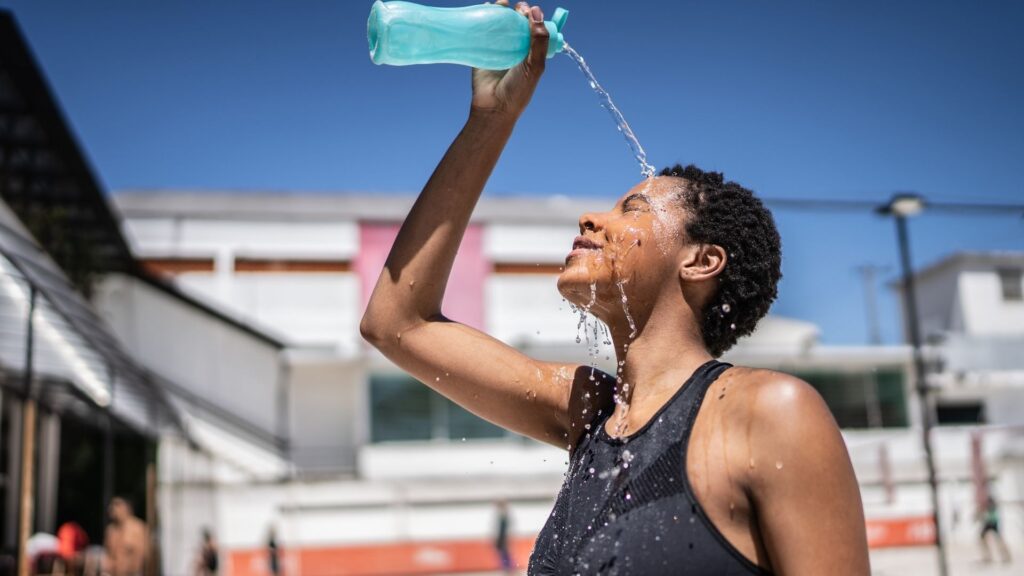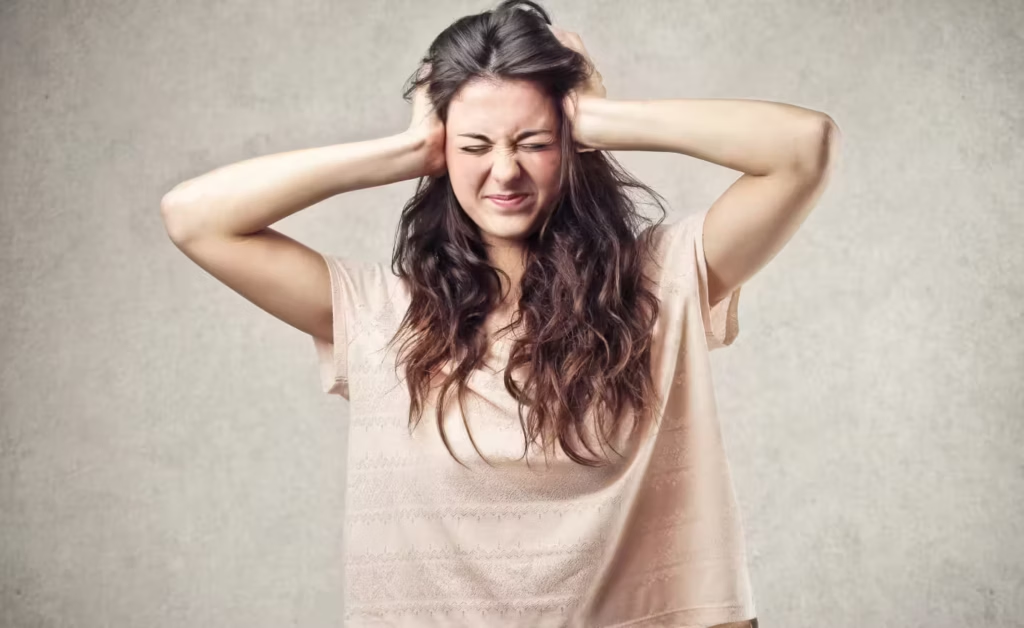Filipino President Declares Public Health Emergency – The declaration comes as the health officials count 10 confirmed cases of the coronavirus, including the first case of local transmission in the Philippines
State of emergency in Philippines
President Rodrigo Duterte declared a state of public health emergency on Monday, March 9, after health officials recorded additional cases of the 2019 novel coronavirus, including the first case of local transmission in the Philippines.
In Proclamation No.
922 signed on Sunday, March 8, and released to media on Monday, Duterte ordered all government agencies and local government units to cooperate and mobilize necessary resources to combat the coronavirus.
Duterte’s declaration was based on the recommendation of Health Secretary Francisco Duque III, who earlier raised the Philippines’ coronavirus alert system to Code Red-Sublevel 1, due to the first case of local transmission.
Duque earlier said that a state of public health emergency “will facilitate the mobilization of resources, ease processes including procurement of critical logistics and supplies, and intensify reporting and quarantine measures.
”
The President is placing the country under a state of public health emergency after the Health Department confirmed the local transmission of the coronavirus on Saturday.
— CNN Philippines (@cnnphilippines) March 8, 2020
But what exactly does a 'state of public health emergency' mean? https://t.co/Z1eTRfNbyF pic.twitter.com/RYyirrlhfs
The Philippines has so far recorded 10 confirmed cases of coronavirus, including the first death outside of Duterte.
Of the remaining 9, two have since recovered and left the country, while the others were being treated.
One patient, a 62-year-old man, was in “very critical condition” as of early Saturday morning, March 7.
The 62-year-old patient, who was reported to frequent a Muslim prayer hall in Barangay Greenhills, is the considered the first case of local transmission in the Philippines.
What to expect
Under a state of public health emergency, Health Assistant Secretary Maria Rosario Vergeire earlier said patients suspected to have the novel coronavirus could face sanctions if they refuse to undergo quarantine.






Comments are closed.